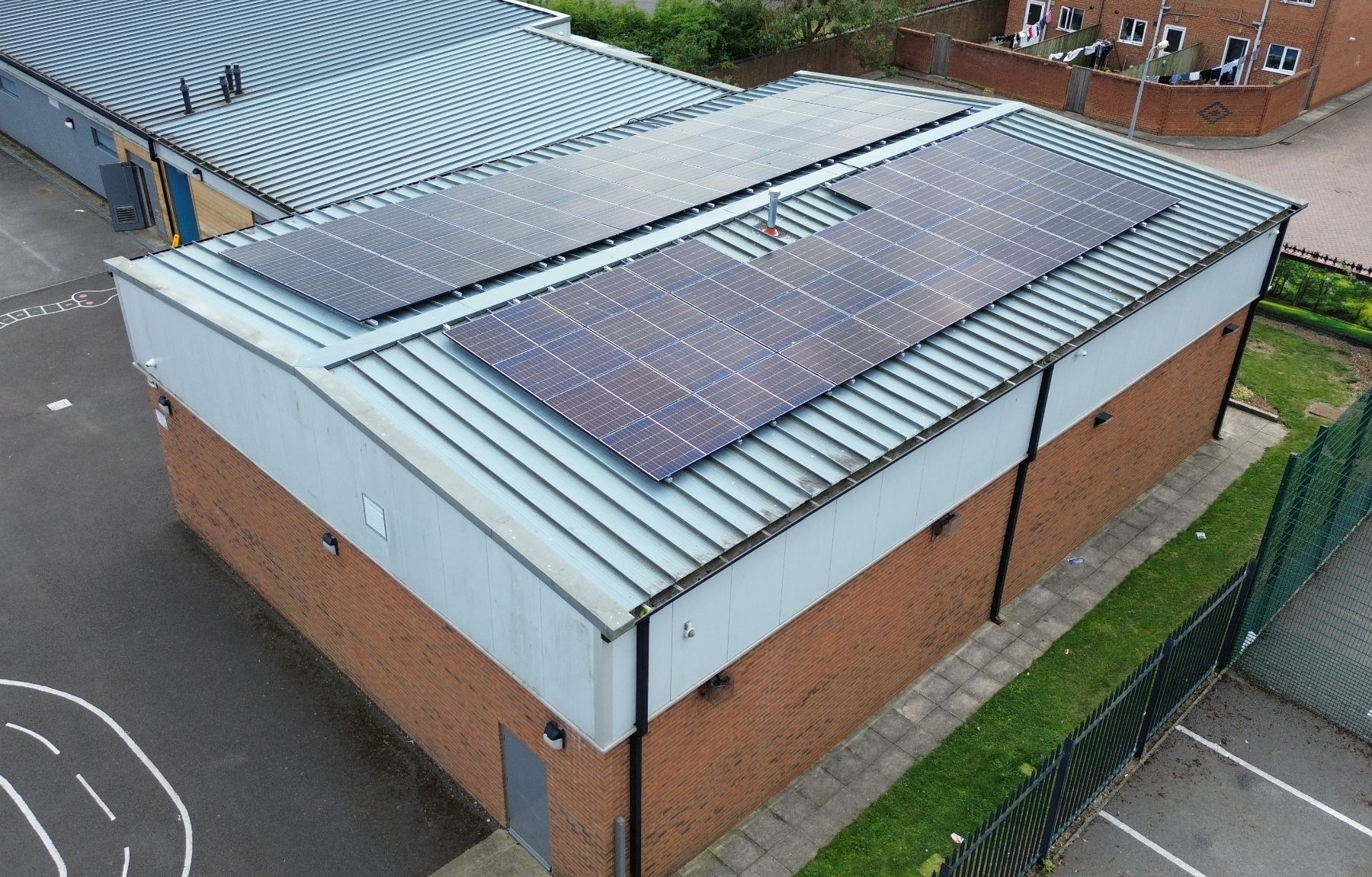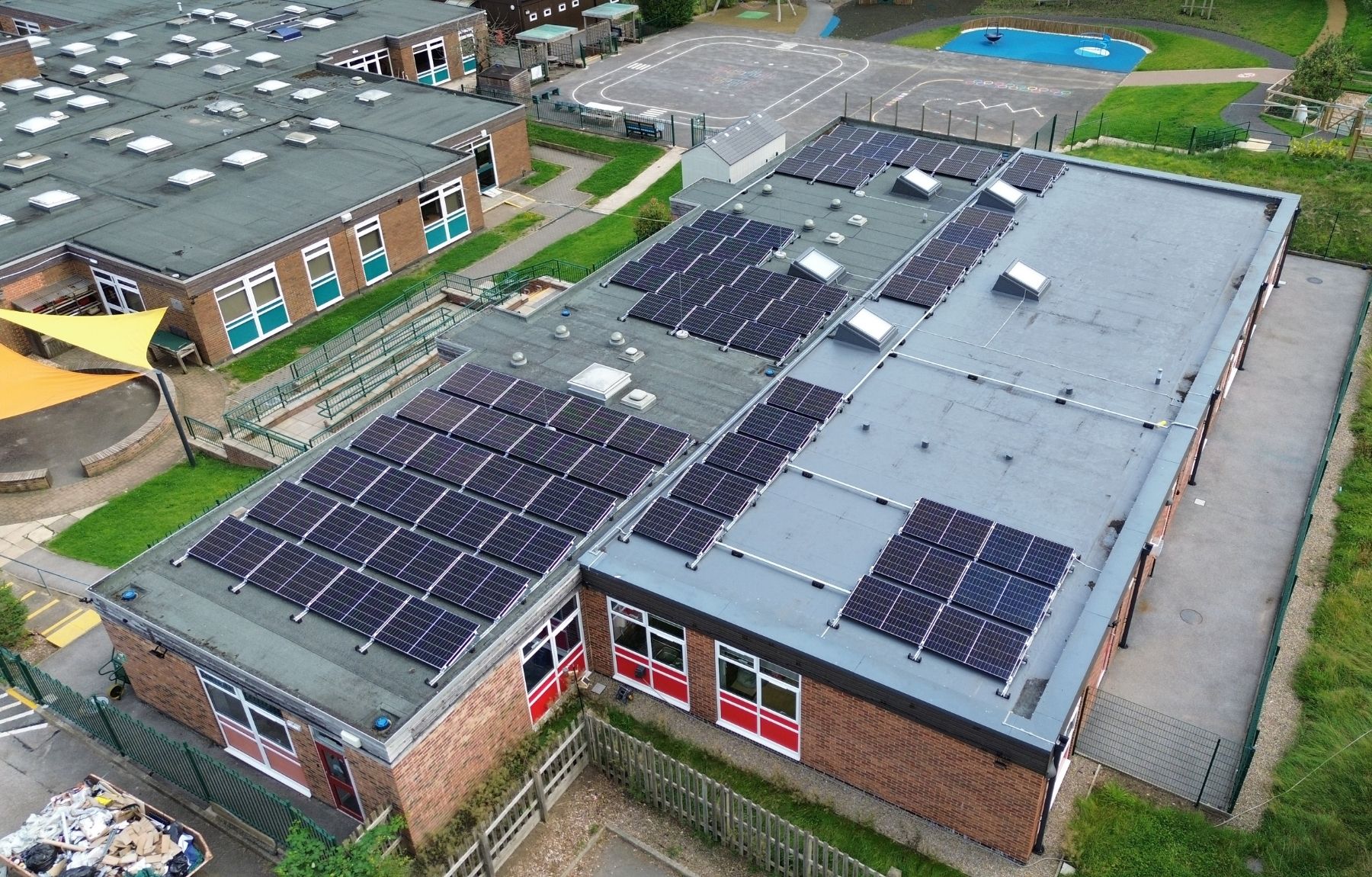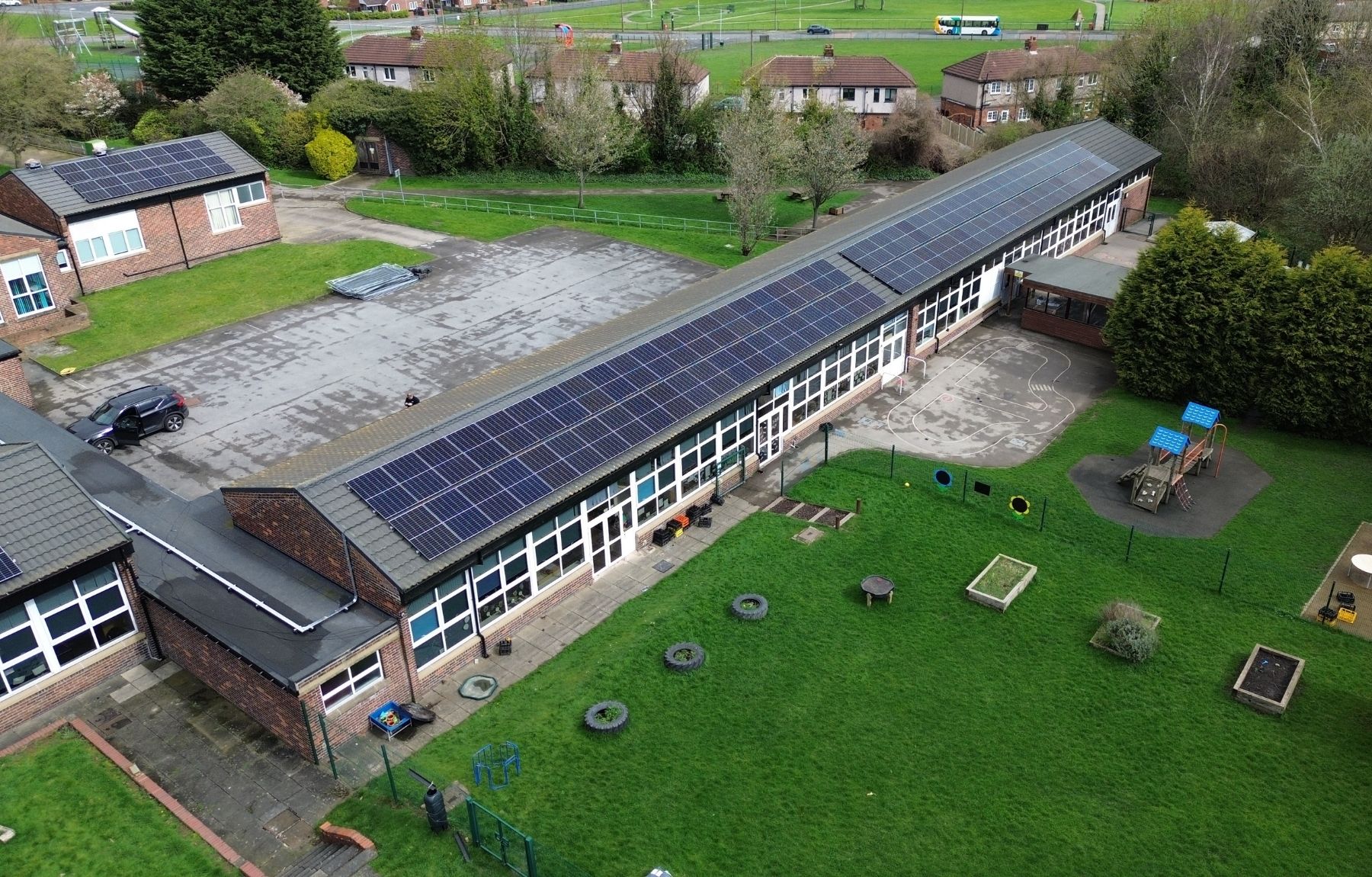What Local Councils and Schools Should Look for in an Electrical Contractor
Choosing an electrical contractor for schools and local councils is a matter of public safety and legal compliance. In environments where children, staff and members of the public are present, there is no margin for error. Electrical faults can cause fires, injuries, or operational shutdowns, and poor contractor performance can lead to failed inspections or legal liabilities.
For councils managing community centres, libraries or office buildings, and for schools maintaining classrooms, kitchens, and IT infrastructure, the question isn't simply who can do the work, but who can be trusted to deliver it correctly, safely, and with a full understanding of the public sector environment.
In this article, we outline the key qualities local authorities and educational institutions should look for when appointing an electrical contractor and why these factors matter at every stage of a project.
Why Choosing the Right Electrical Contractor Is Important for Public Buildings
While many electricians are technically qualified, not all have direct experience working in public sector environments. Schools and council buildings often present a unique mix of operational, legal and logistical challenges. From working during term time or in live council offices, to handling outdated systems and phased refurbishments, the context is rarely straightforward.
Contractors unfamiliar with these environments may underestimate the level of planning and communication required. For example, working in schools demands sensitivity to safeguarding, discreet working methods, and often strict timeframes tied to holidays or examination periods. In council buildings, works may need to be coordinated across multiple departments, with minimal disruption to daily operations.
For this reason, it’s important to seek out contractors who have successfully delivered projects in similar settings. An organisation with relevant case studies, ideally within your region, is far more likely to understand and anticipate the specific demands of the job. For schools and councils in Grimsby, Cleethorpes, and across Lincolnshire, working with a local contractor who knows the local authority structure can simplify compliance and coordination.
What Experience Should an Electrical Contractor Have in Schools and Council Properties?
Electrical contractors working in schools and educational settings must adhere to safeguarding expectations. This includes ensuring all staff attending the site hold valid enhanced DBS checks and are trained to work in environments with children or vulnerable adults.
In addition to vetting, the contractor should also understand practical access and behaviour policies. This may include using designated entrances, staying within permitted zones, and working under supervision when required. In schools, this is a core part of working on site safely and in compliance with legal obligations.
Schools should feel confident that any contractor they hire has embedded safeguarding into their operations. That includes having policies in place, not just reacting to requests for DBS documents on an ad-hoc basis.
Compliance, Certification, and Legal Duties
The electrical systems in schools and council buildings must comply with the latest standards under the IET Wiring Regulations (BS 7671). Contractors must also work in line with the Electricity at Work Regulations 1989, which set out duties for anyone responsible for maintaining electrical safety in the workplace.
Why NAPIT Accreditation is Important
When choosing a contractor, certification through a recognised body such as NAPIT is essential. NAPIT assesses a contractor’s competence, ensures they stay up to date with the latest technical standards, and provides accountability in the event of poor performance.
What Certificates Should Your Contractor Be Able to Issue?
This is particularly important when the contractor is issuing safety certificates, such as Electrical Installation Condition Reports (EICRs) or certificates for new installations. Without these documents, schools and councils cannot demonstrate legal compliance, and insurance policies may be invalidated in the event of an incident.
Planning Around School Terms and Operational Disruption
Schools and council sites often operate on fixed schedules with limited flexibility. This could be during half-term, summer breaks, or public service opening hours. The electrical contractor must plan and deliver work to strict deadlines, sometimes in narrow working windows or out of hours.
Coordinating with Site Managers or Caretakers
An experienced public sector contractor understands this pressure. They’ll work with you in advance to agree on phasing, provide method statements for approval, and build contingency into the schedule. They should also be able to advise on risk mitigation such as temporary power supplies or staged disconnections to allow services to continue where possible.
Out-of-Hours and Holiday Work
In schools, term-time working may only be permitted in emergencies, so planned projects should always be completed on time during school holidays. A missed deadline could mean cancelled classes or further disruption.
Documentation and Ongoing Support for Schools and Councils
For many school business managers and council property teams, record-keeping is a major part of the job. That’s why documentation matters just as much as the work itself.
The contractor should issue all the required paperwork promptly and in a format that’s easy to store and retrieve. This may include EICRs, Minor Works Certificates, installation reports, test sheets, and updated distribution board charts.
Schools undergoing audits or inspections by Ofsted or insurers will need this paperwork available at short notice. The same applies to councils preparing for internal compliance checks or budgeting for future capital works.
A professional contractor will also offer ongoing support, not just disappearing after the job is finished. For public sector clients, this might include routine maintenance, annual emergency lighting testing, and responsive callouts.
Insurance, Procurement, and Safeguarding Considerations
Before any contractor steps foot on site, you need assurance that they carry the correct insurance. Public liability cover should be high enough to match the size and sensitivity of the premises. For schools and councils, £5 million is often the minimum, with £10 million common in larger or higher-risk settings.
The contractor should also carry employers’ liability insurance and, where they are responsible for design work, professional indemnity cover. Without this, the council or school could find itself exposed if a claim arises due to faulty advice or system design.
Pre-qualification processes such as CHAS can help validate this documentation before contracts are awarded.
Should You Use a Local Electrical Contractor?
While there are national contractors with capacity for larger frameworks, many schools and councils find that a locally based electrical contractor offers distinct advantages.
Local contractors are more responsive, with shorter lead times and faster attendance when issues arise. They’re often more flexible too, with the ability to work outside normal hours and adapt to short-notice changes.
More importantly, local firms often have existing working relationships with school clusters or local authority teams. That means they understand the unique operational, compliance and budgetary pressures at play. In Grimsby and the wider Lincolnshire region, a contractor who knows the area, the people, and the standards expected by local bodies will usually deliver better outcomes.
Sustainability and Energy Efficiency in Public Buildings
Councils and schools are under growing pressure to reduce energy usage and carbon outpu,t and electrical contractors now play a key role in helping public buildings move towards sustainability goals.
Look for a contractor who can advise on LED lighting upgrades, smart controls, low-energy systems, and other energy-efficient solutions. They should be able to provide long-term cost comparisons and help prepare funding applications where available.
Making a Safe, Compliant and Practical Choice
For local councils and schools, electrical safety and system reliability cannot be left to chance. The contractor you choose must understand compliance, safeguarding, risk management, and the operational challenges unique to the public sector, in addition to wiring and testing
Advantages of Local Contractors in Grimsby and Lincolnshire
A professional, well-qualified local contractor with public sector experience will bring more than technical ability. They’ll bring peace of mind and a safer learning or working environment for everyone involved.
Building Long-Term Partnerships with Local Firms
If you’re part of a school trust, local council, or education provider in Grimsby, Cleethorpes, or across Greater Lincolnshire, our team is available to discuss your needs, visit your site, and provide bespoke support.








